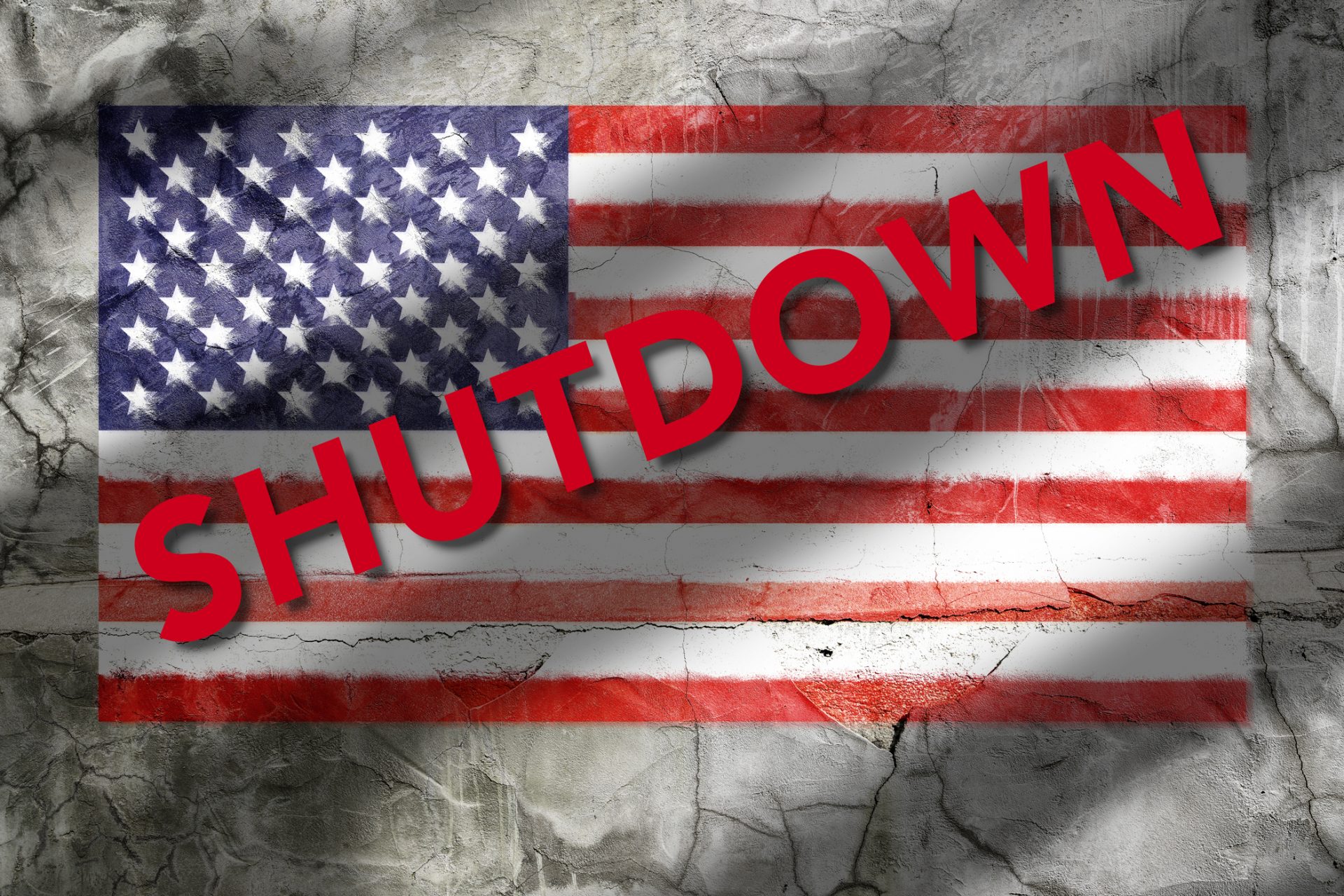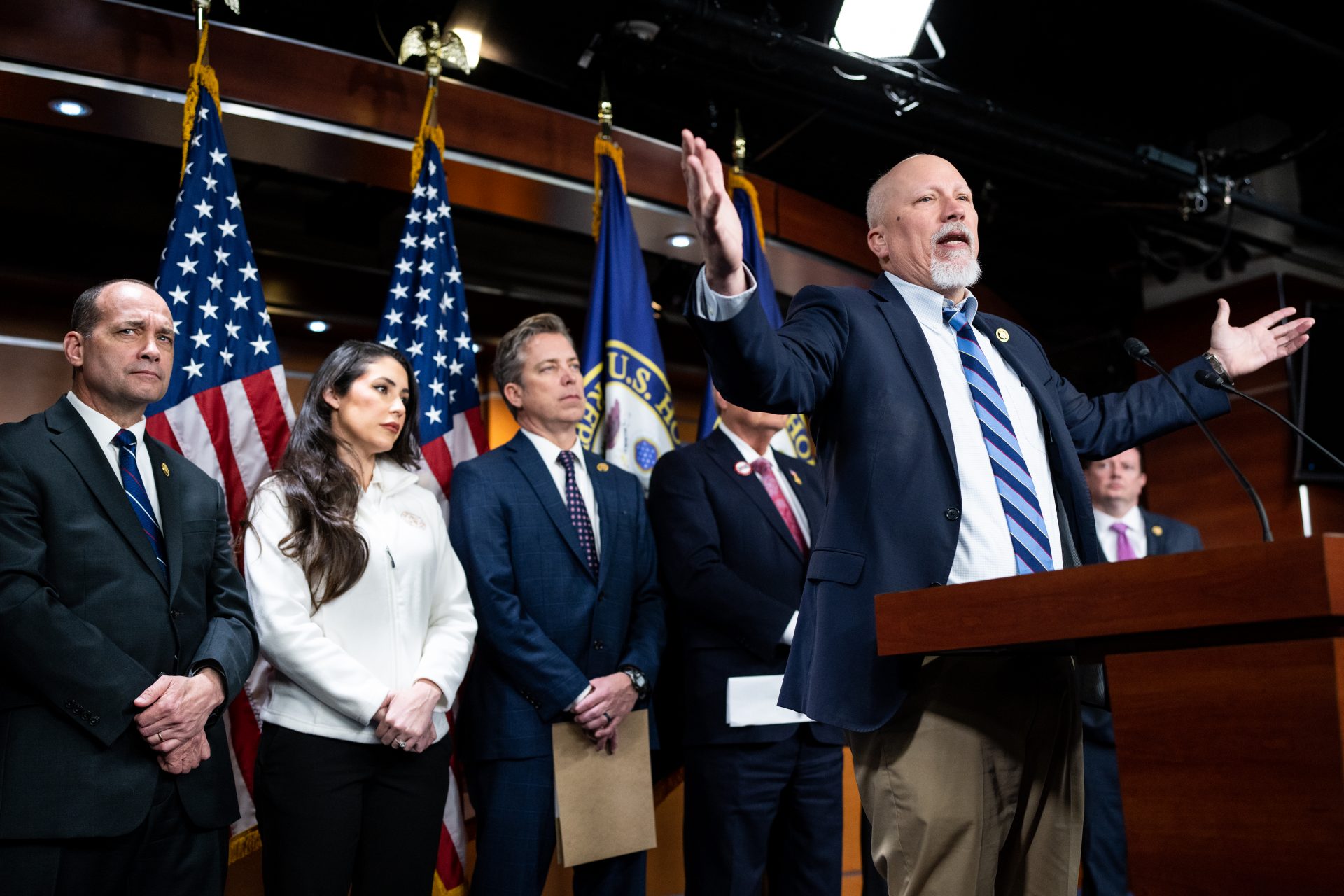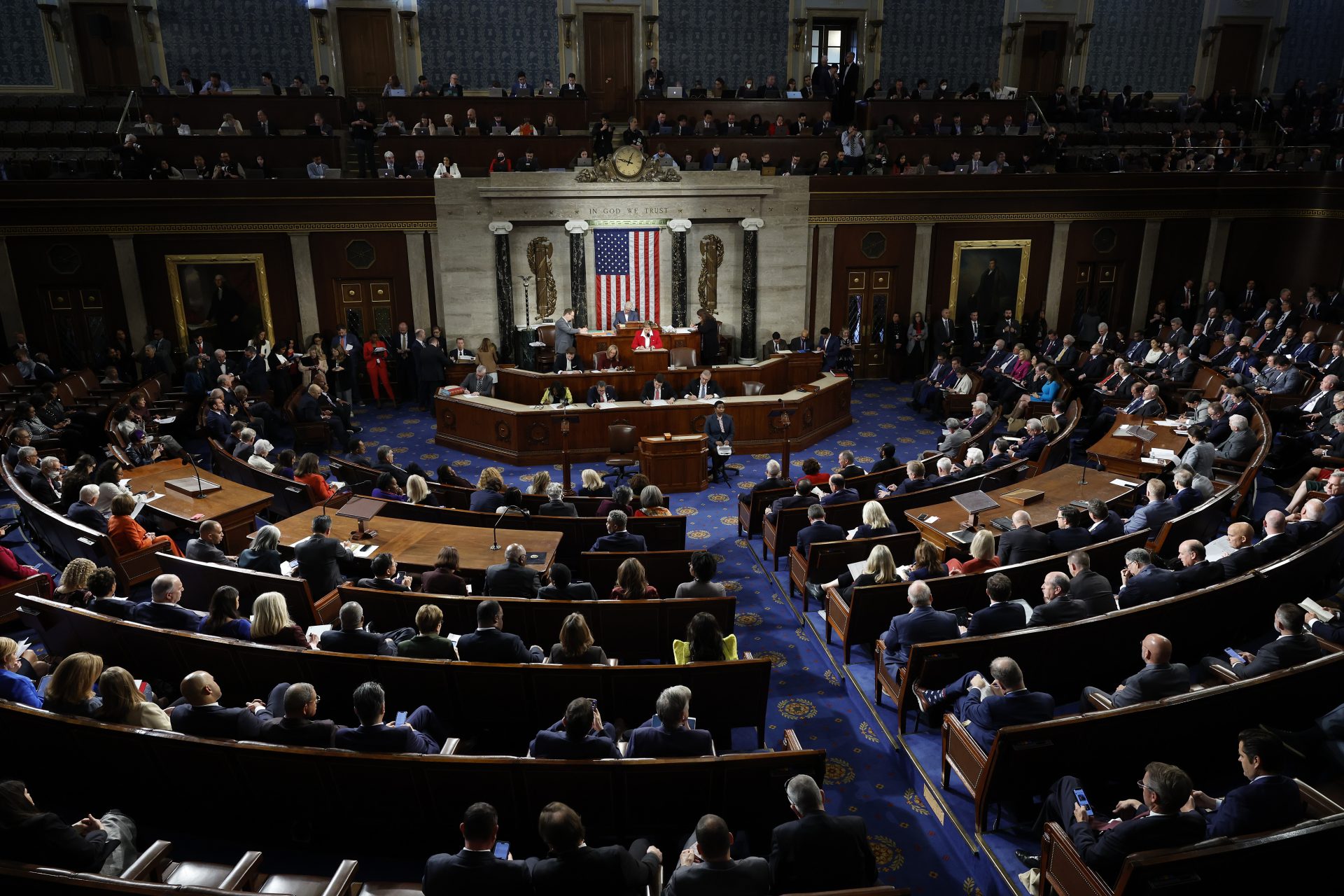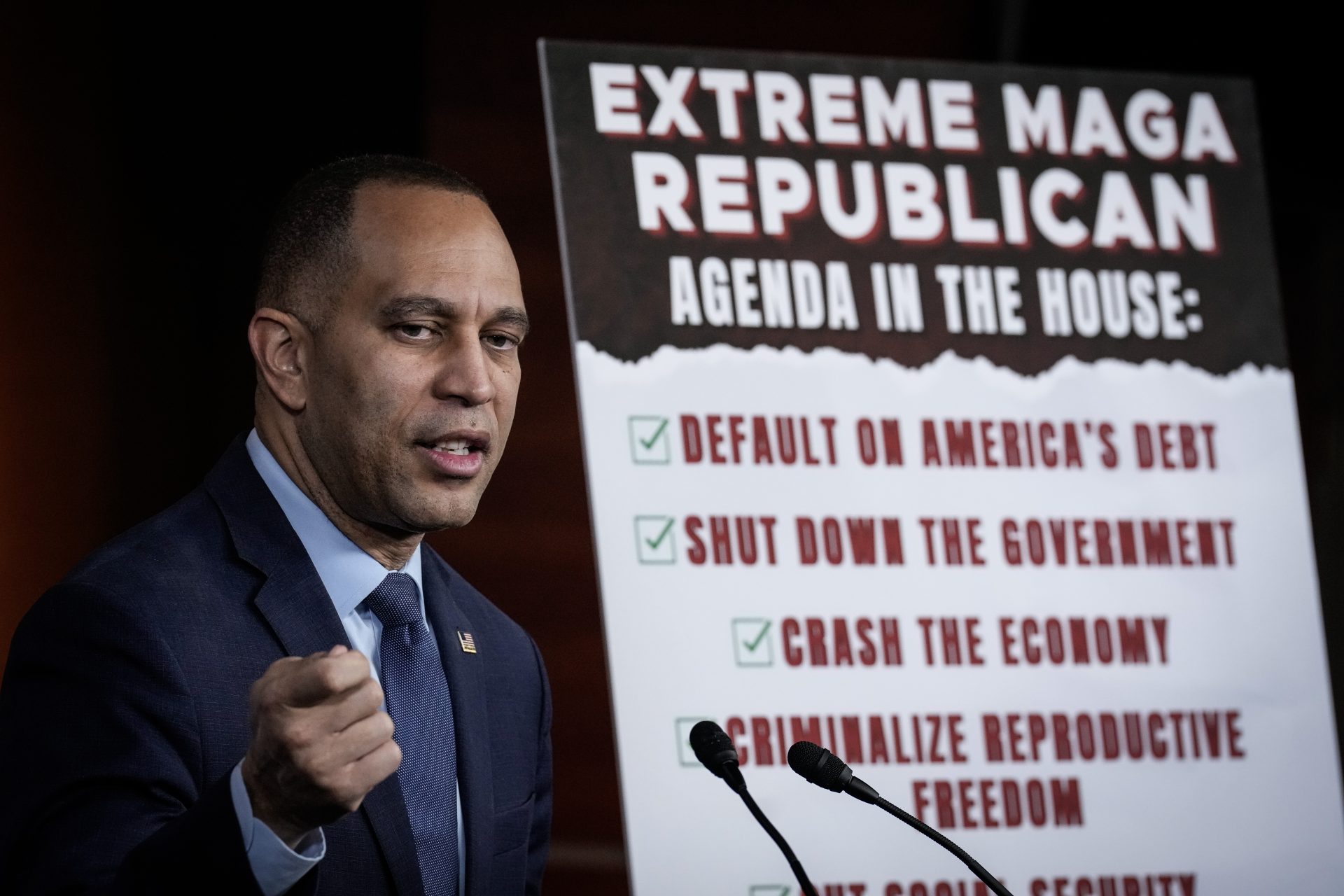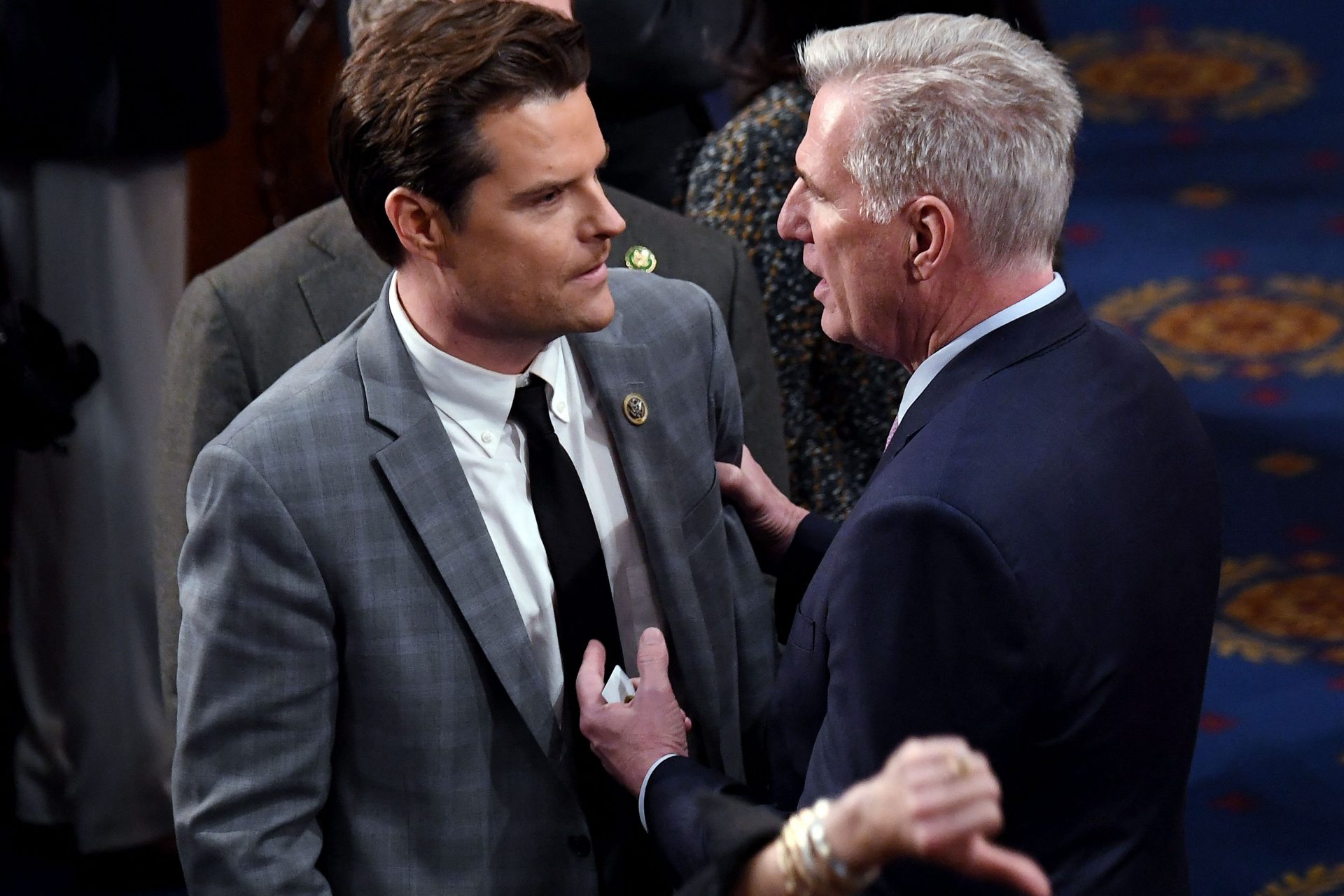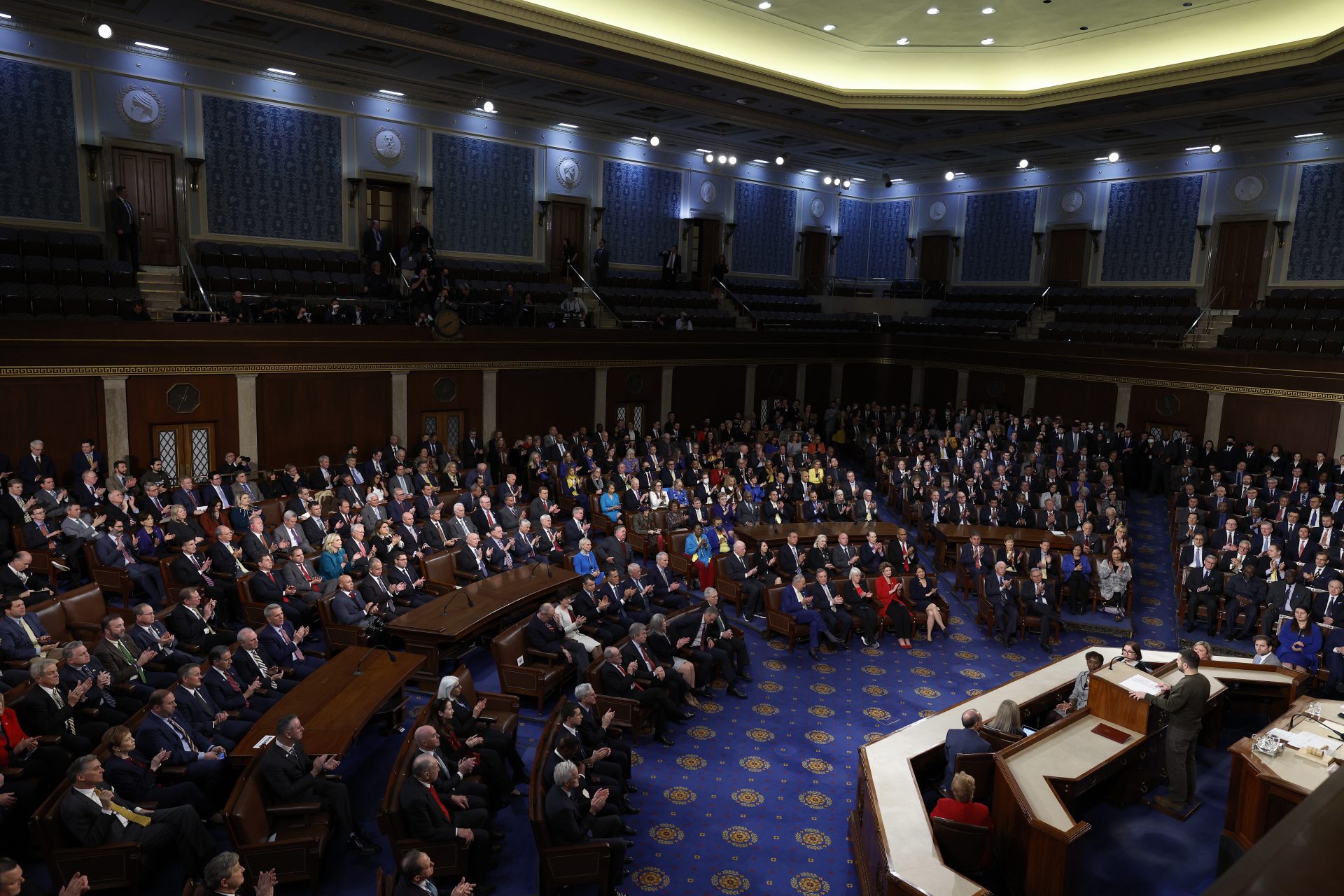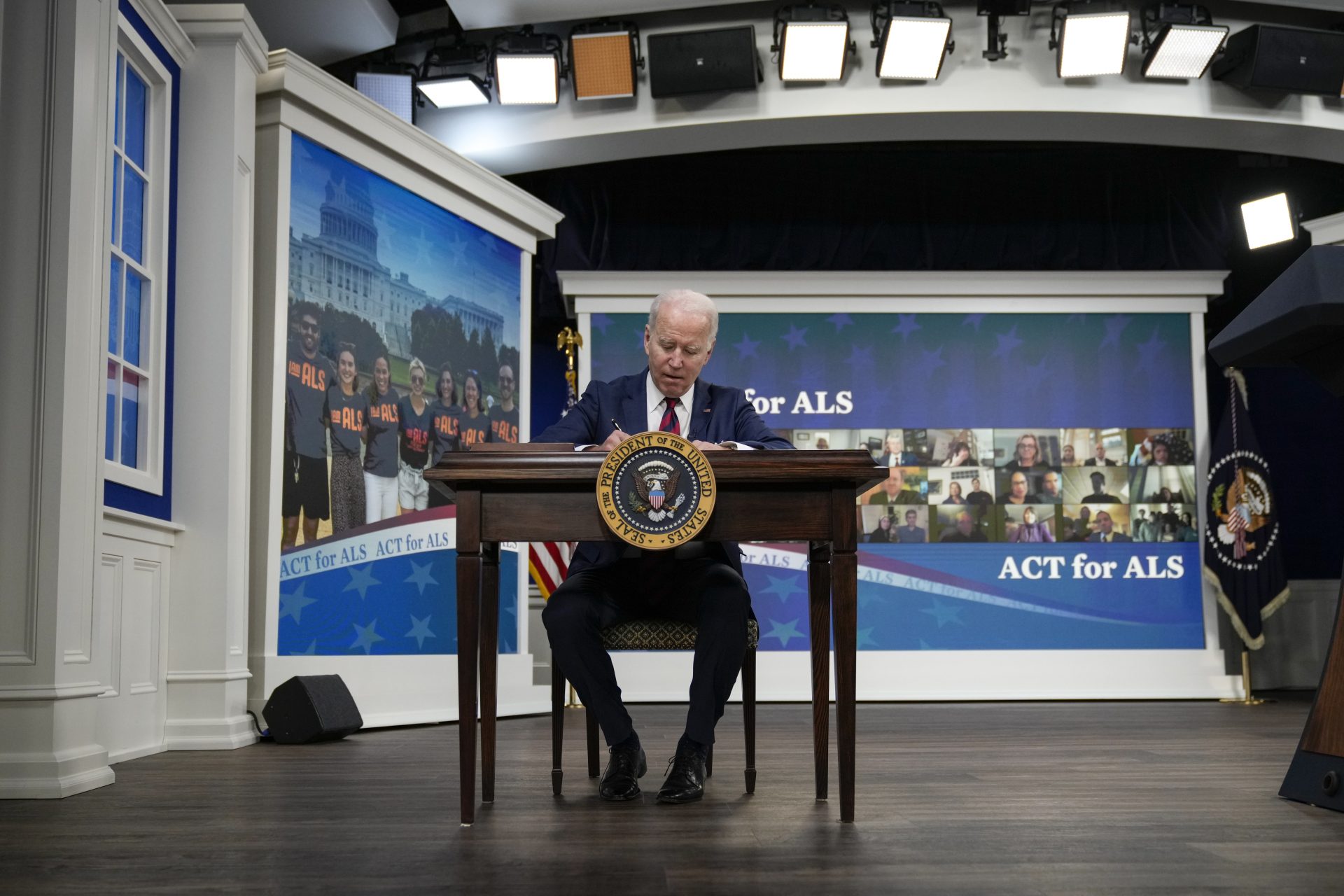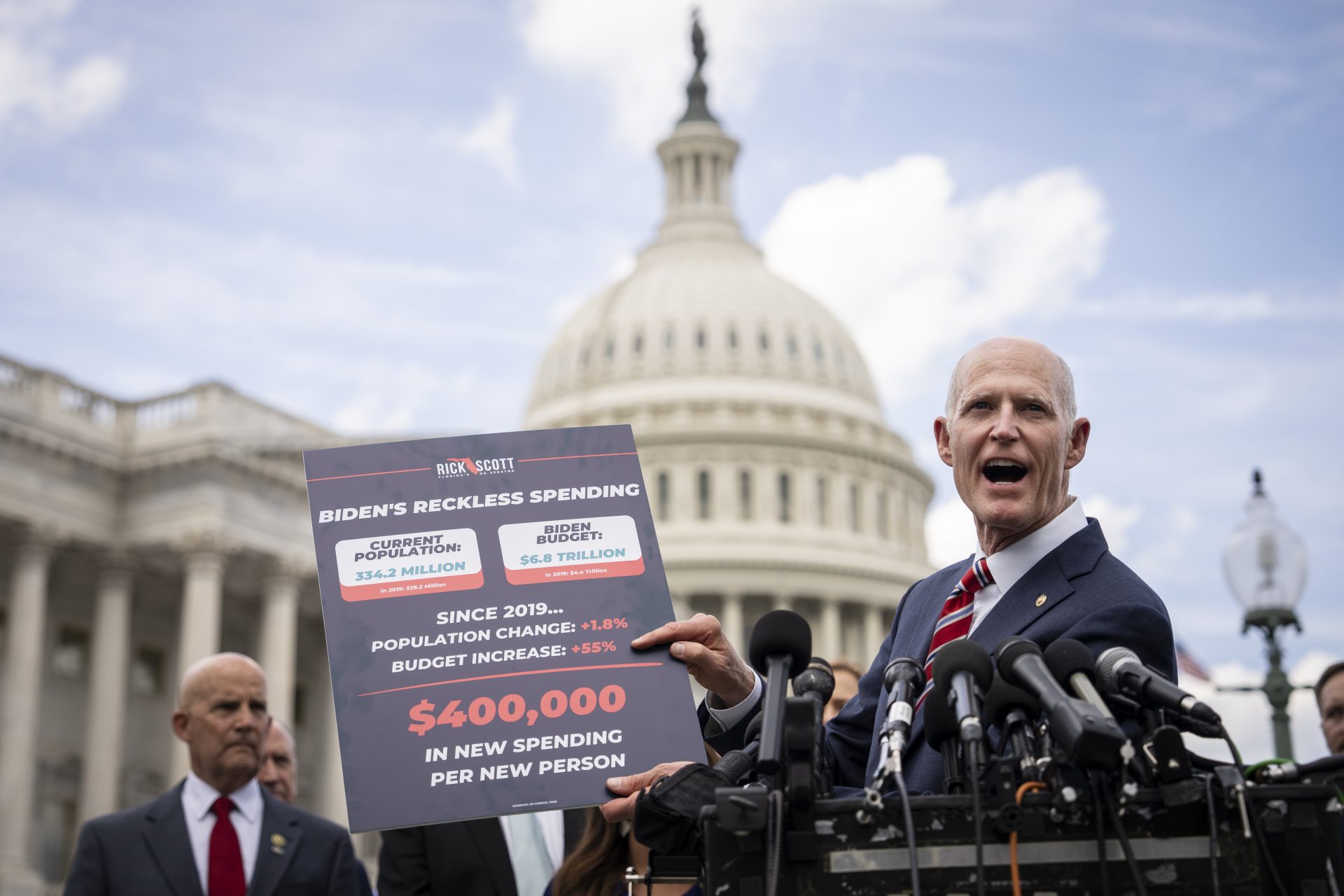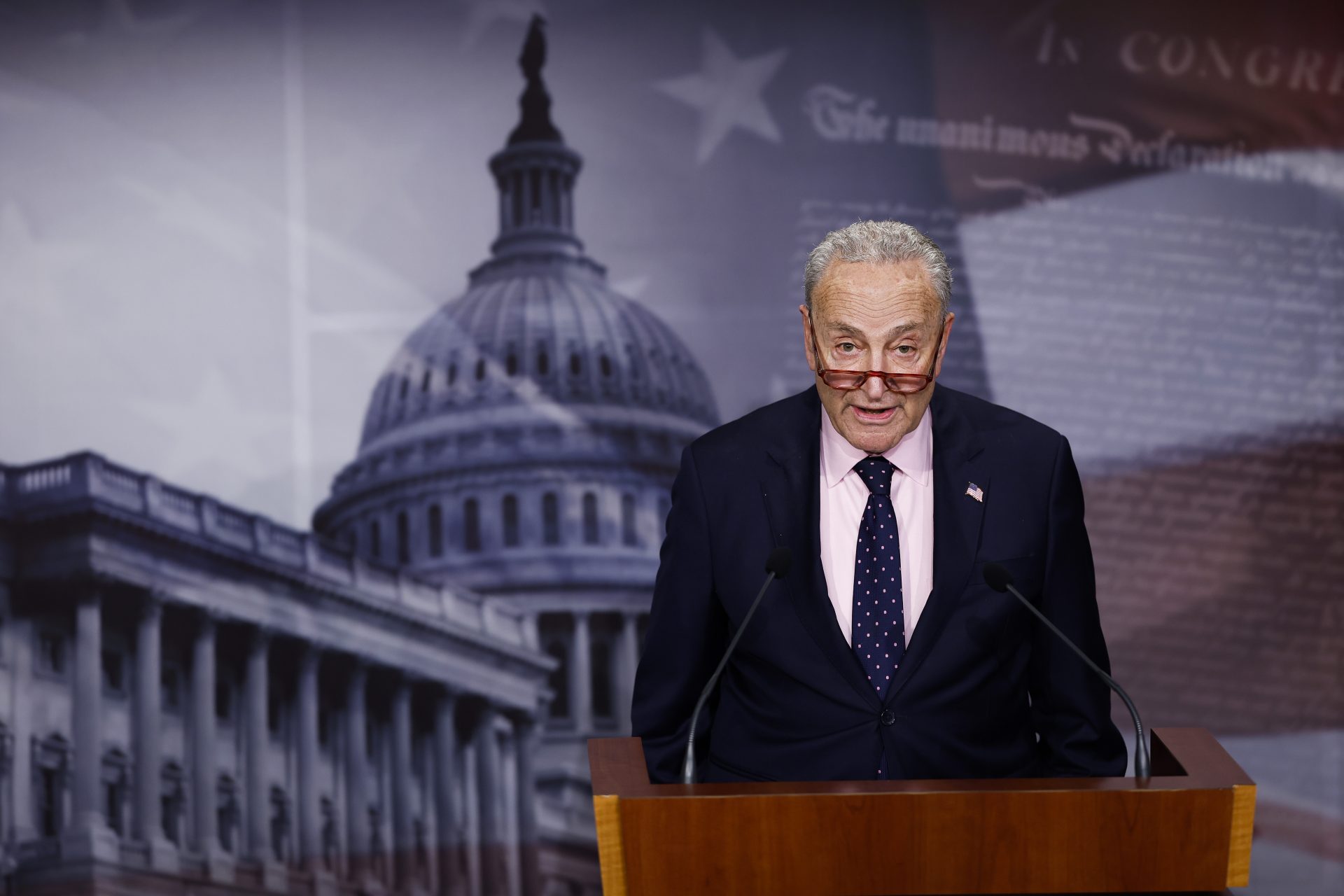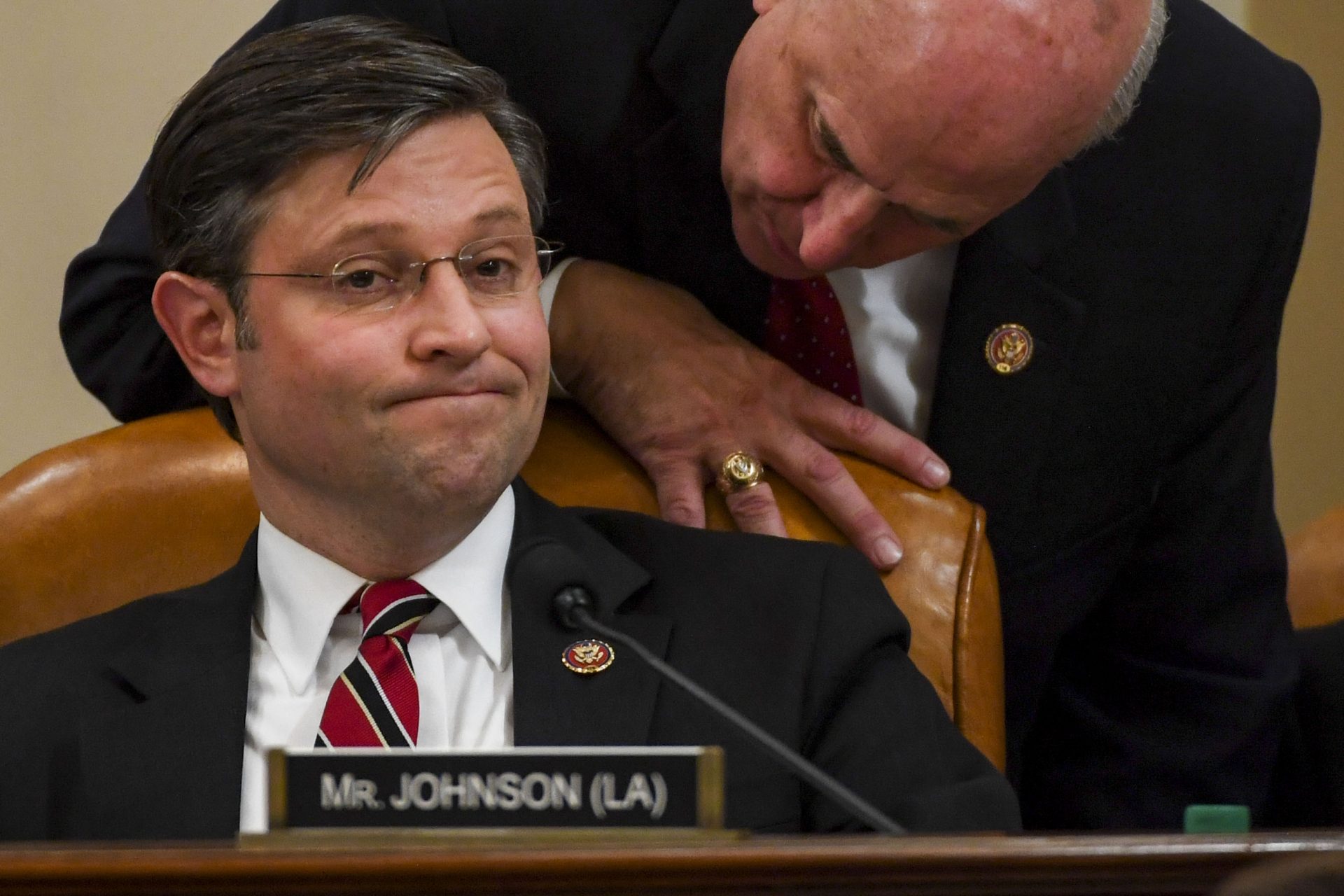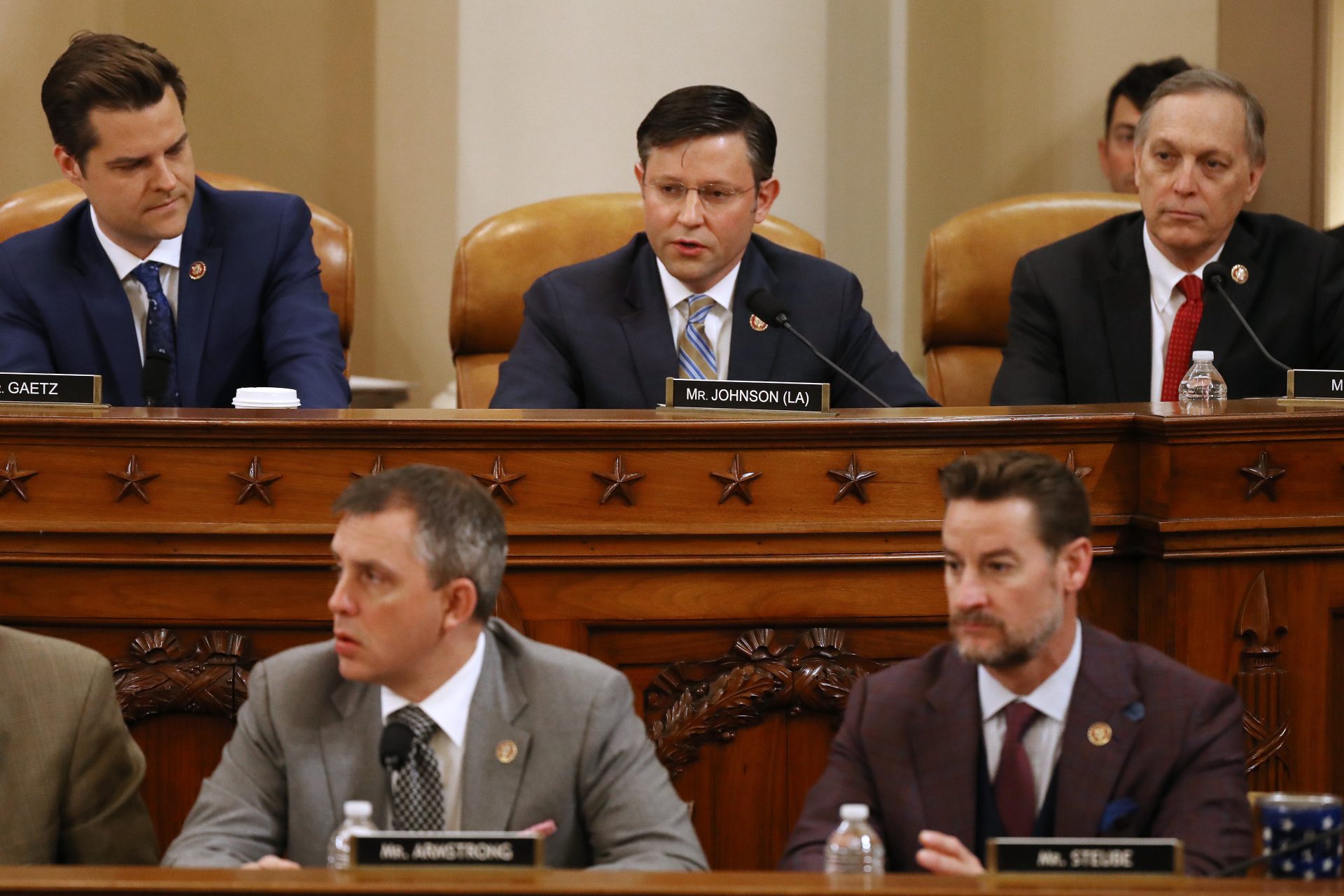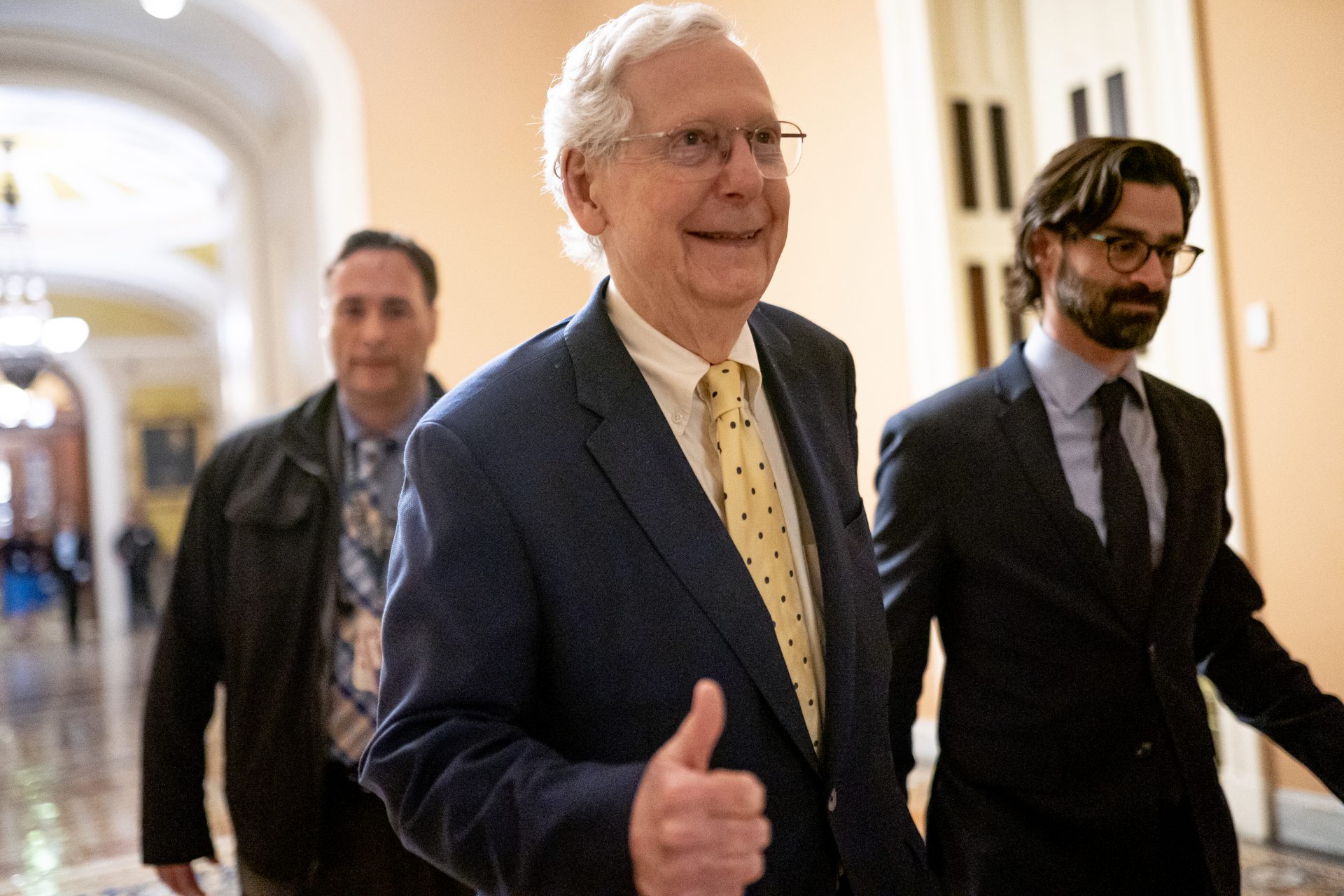Americans aren't happy with government shutdowns being used for political games
Political partisanship in Congress has brought the United States to the brink of a major financial crisis more than once in the previous two years as Republicans have used the threat of a government shutdown to wring concessions from their opponents.
However, most of the country doesn't actually want politicians using the threat of a government shutdown as a political bargaining chip according to polling published back in November 2023.
Marist Polling conducted the poll in partnership with NPR and PBS NewsHour and the data discovered that most Americans didn't want their elected officials using the threat of a government shutdown to further their political agendas.
Specifically, three out of every four of the 1,429 voters (75%) surveyed by Marist stated that they did not think it was acceptable for members of Congress to use the threat of a government shutdown to attain their goals.
However, nearly one-quarter of those polled (23%) said that it was acceptable with 37% of Republicans believing it to be okay while only 19% of Democrats noted a government shutdown could be used as a political tactic.
Marist collected the polling data between November 6th and the 9th, which was a time when worries about a possible impending government shutdown had reached an all-time high. However, that possible shutdown was narrowly averted at the last minute.
On November 14th, the House of Representatives passed a short-term funding bill by a 336-95 margin according to reporting from The Washington Post, just a few days before the November 17th government shutdown deadline.
“This is an important innovation,” House Speaker Mike Johnson explained to reporters. “We have broken the fever. We are not going to have a massive omnibus spending bill right before Christmas. This is a gift to the American people.”
The legislation was designed to only fund 20% of the federal government until January 19th and 80% of government needs until February 2nd, a situation that The Washington Post noted may lead to another standoff at that time.
“The ‘laddered’ deadlines in the bill, called a continuing resolution or CR, were designed to allow the House and Senate to pass and negotiate full-year spending bills,” wrote The Washington Post’s Jacob Bogage and Marianna Sotomayor.
Bogage and Sotomayor added that neither chamber of Congress was close to any sort of agreement on how to fund the government at that point and noted a government shutdown could still be triggered in early 2024 if a deal wasn't reached between Democrats and Republicans.
The Senate passed Johnson’s spending legislation by a margin of 87-11 on November 15th. However, if the government had shut down then a slim majority of those polled by Marist would have blamed Congressional Republicans.
49% of Ameircans told Marist the Republicans in Congress would have been the group responsible for the shutdown while 43% would have blamed Democrats. Another 6% of people said both would have been responsible.
Despite the pessimism, the polling from Marist did find that an overwhelming majority of those surveyed (69%) said they believed the political system could work fine but that it was the politicians who were the problem.
“Americans are not ready to throw in the towel on the government’s ability to get things done,” explained Lee M. Miringoff, the director of the Marist College Institute for Public Opinion. “They think the fault lies with the nation’s elected officials in Congress.”
The polling from Marist also revealed several other important facts, including that 40% of Americans believe that both the Democratic Party and Republican Party share responsibility for the country’s ballooning national debt.
“Despite the perception that Republicans would be most at fault in shutting down the government, Americans think both parties are responsible for the nation’s current level of spending,” Marist noted on its website about the polling results.
On March 23rd, 2024, the Senate passed a $1.2 trillion dollar budget bundle package to fund the government to avoid another last-minute shutdown and push any further threat of the government losing its funding until the fall according to the Associated Press.
Joe Biden signed the budget bill into law hours after it passed in the Senate. Interestingly, the bill did not include military aid for Israel, Ukraine, or Taiwan, which were key issues of contention in Congress.
More for you
Top Stories



